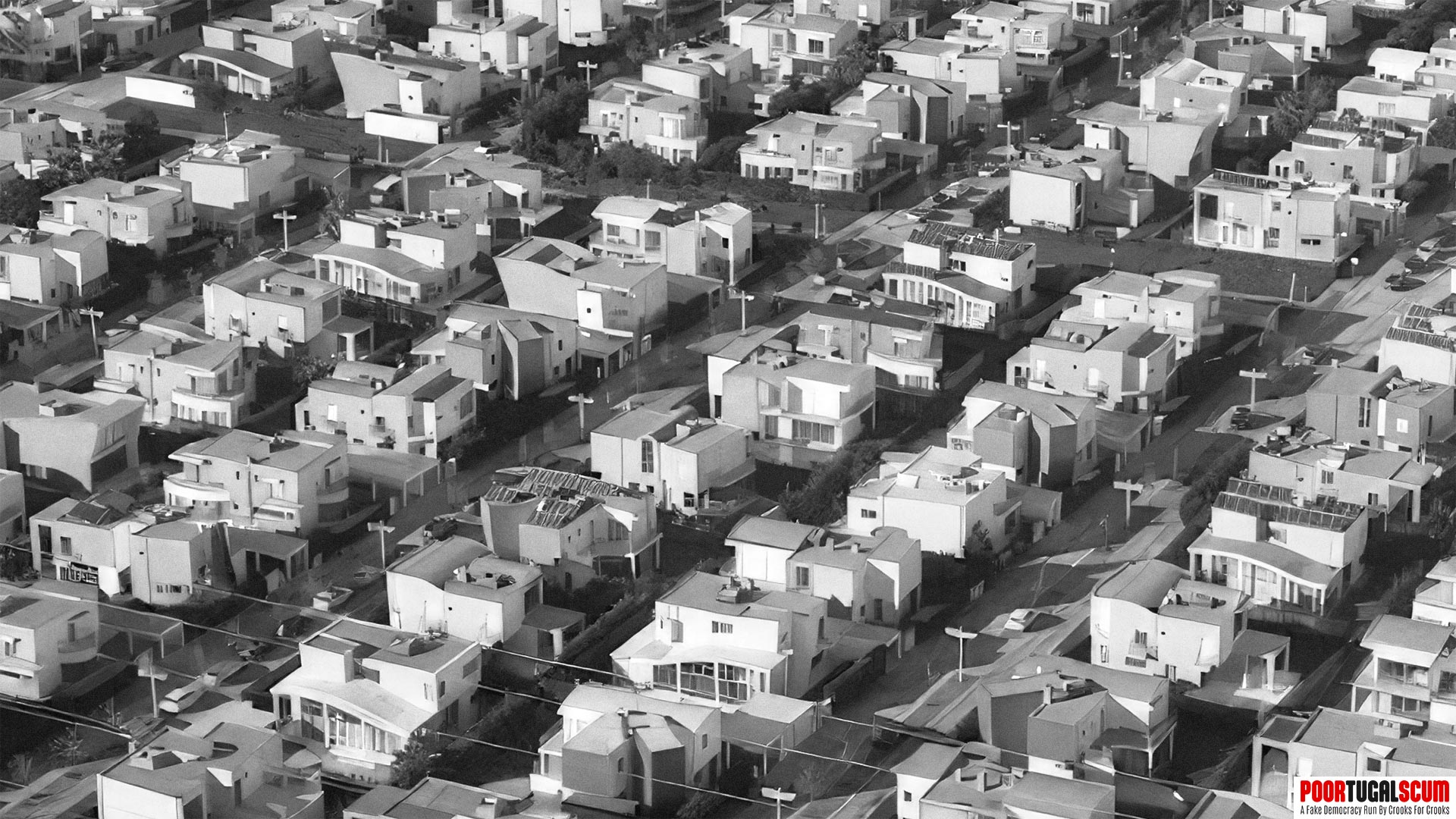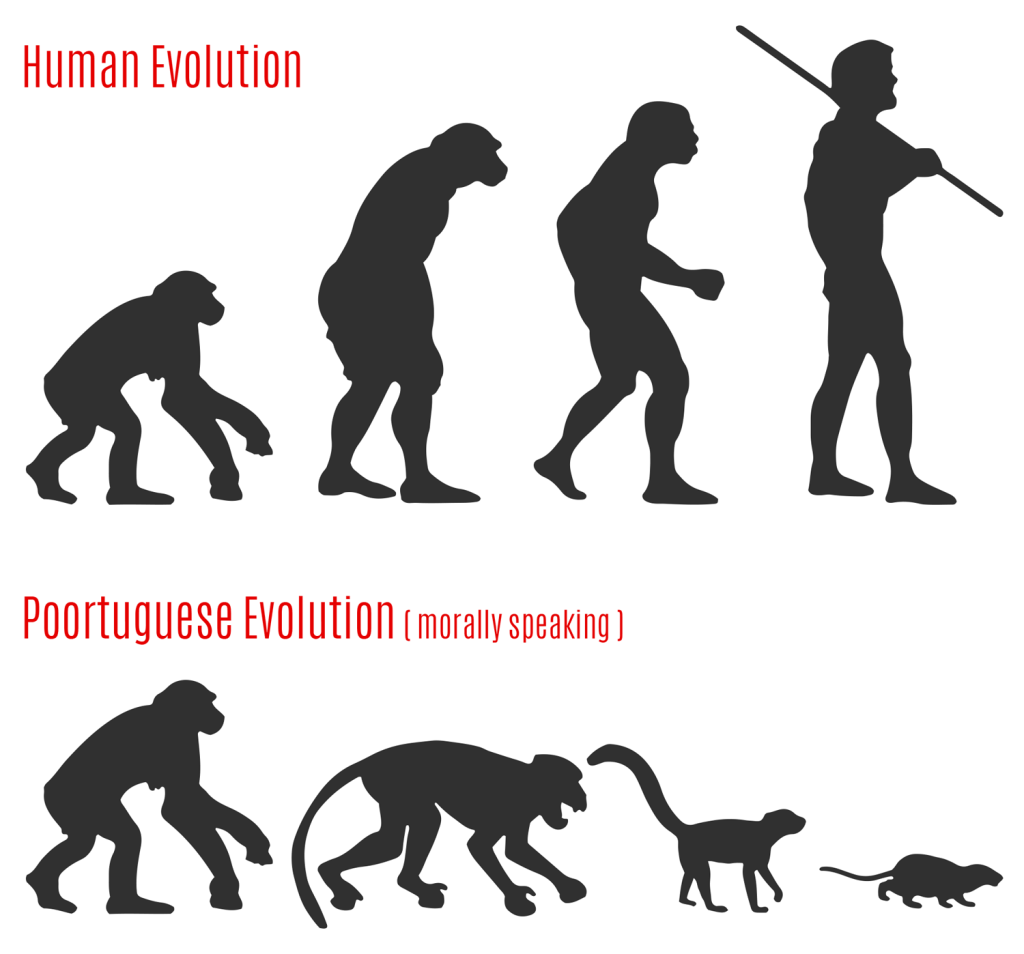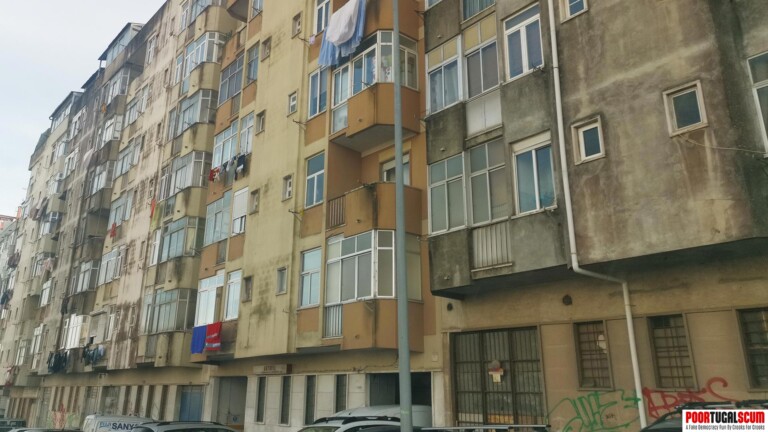Six thousand people scammed! Just because they bought a house to live in!
These six thousand defrauded people bought their houses with official documents issued by the City Council, explicitly stating that they were “residential” houses, but after a few years they discovered that they had not bought a “house” in the legal sense, but rather an “accommodation unit” intended for commercial tourism.
This has very serious consequences: for example, a house with a tourist license cannot be rented for living and is worth less than a house with a residential license. A tourist accommodation has to pay high taxes to the private entity that runs the village and also loses important tax benefits.
All these people are involuntarily in an illegal situation, obviously through no fault of their own, could be prohibited from selling their homes and even prevented from using them. Imagine the horror!
Basically, these people, deceived by the builder in COLLUSION with the Chamber itself, have invested in a pile of bricks that they will apparently never be able to sell again, and they wake up every day not knowing if that will be the day they will be evicted from their own homes, paid for with great cost and great sacrifice.
This is life in Portugal! The danger of your life being irrevocably shattered to pieces is always lurking, and in the places you least expect it.
The following article is a translation (mostly MT). You can find the link to the original website at the end of it.
Tourist village in Palmela, financed by the former BES, today has 6 thousand permanent inhabitants. By law, the area should be completely touristic, but there is little tourism. Many owners say they were scammed
At a time of serious housing crisis, with so many people looking for a home they can’t find, this week’s TVI Exclusive (from the same group as CNN Portugal) discovered a story that is a true paradox:
countless home owners are living a true “nightmare” in a giant development built in the style of a gated condominium in Palmela.
The residents of Palmela Village that TVI spoke to feel deceived: they bought properties with licenses for “housing”, with official documents that said just that, passed by the City Council, but in recent years they realized that they live, after all, in a “unit accommodation” intended for tourism. The difference in names seems small to those who are not used to urban planning laws, but the practical consequences are serious.
Hundreds of null licenses
No one can be prohibited from living in a Tourist Village, the official classification of Palmela Village, but having a house in a tourist village has several disadvantages.
A house with a tourist license cannot be rented for housing and is generally worth less than a house with a housing license. Furthermore, the owners’ lawyers argue that no one could have applied for a mortgage loan.
On the other hand, a tourist accommodation has to pay high taxes to the private entity that operates the village and loses certain tax benefits such as tax exemption on capital gains on its own and permanent homes.
More serious: an opinion from two Law professors at the University of Coimbra (Fernanda Paula Oliveira and Dulce Lopes) concludes that the hundreds of housing licenses issued by the municipality are ultimately null and void as they contradict the legislation; and Turismo de Portugal is preparing, after an audit, to declassify the tourist village precisely because of a lack of tourism.
A “hand full of nothing”
Ultimately, according to the opinion contracted by the entity operating the tourist areas (which intends to maintain this tourist use),
hundreds of owners could be prohibited from selling their homes and, in the scenario outlined by jurists from the University of Coimbra, even prevented from using them.
Due to a mistake that the owners say was not theirs, in addition to being harmed by living in tourist accommodation, they can suddenly be left, according to jurists, “with a ‘hand full of nothing’: they are owners of an asset that , after all, has no urban impact and which, strictly speaking, should not be used”.
The mayor of Palmela City Council admits that if Turismo de Portugal declassifies the village there will, in fact, be a “void”, but refuses to blame the local authority.
Álvaro Amaro guarantees, however, that the municipality has no way of solving the problem without the promoter and the hundreds of property owners coming to an understanding and presenting a solution, but states that no one will be evicted by the municipality,
despite admitting that the sale of any of the more than a thousand houses will hardly be possible in the future, if the tourist village is declassified by the State.
The Palmela Village Owners’ Association contests the municipality’s position of waiting for a proposal from the promoter and owners, guaranteeing that it could and should, legally, have done something to resolve the problem, recognizing the mistakes of the past.
Hundreds of harmed people
The Homeowners Association guarantees that there are hundreds of harmed parties who purchased their home without realizing what they were buying.
Despite refusing the most negative scenario of eviction from the houses where so many people live, the association emphasizes that they just want public entities to recognize what they say is evident: “that Palmela Village is not what it never was”, that is, “a tourist village”.
From what he knows about the development of Palmela Village, Francisco Ferreira, president of the environmental association Zero, agrees that this project has always been an “urban lie disguised as a tourist one”, highlighting the advantages that promoters of this type of project have when moving forward with tourist and not with a usual urbanization for housing construction, in addition to the restrictions provided for in the Municipal Master Plan (PDM).
Exclusivo spoke to more than a dozen owners who purchased houses at different times, over almost two decades,
who say that no one informed them about the tourist nature of the house they were buying, denouncing that they were led into a “mistake”, in what some say was a “scam” that went on for years, with several culprits.
Hotel and internship center only on paper
The Palmela Village Tourist Village, a project with houses designed by the architect Tomás Taveira, has always been a “a bit megalomaniac” tourist development, as the current president of the municipality admits.
It was never completed nor did it have the hotel or training center initially planned (and the golf course closed after years of operating without a license),
but today there are 1150 houses built (or accommodation units, depending on the terminology you intend to use) where there are around 6 thousand permanent inhabitants.
According to legislation, in that area, initially destined for rustic land, only tourist projects can be installed, despite the majority of people living there, today, in fact, full time, as confirmed by the presidents of the municipality and the parish that in the last decade had a true demographic ‘explosion’ of residents, largely due to Palmela Village.
After the initial sales of hundreds of houses, around two decades ago, a few years ago the real estate developer had to hand over another hundreds of properties to Novo Banco due to debts owed to the former BES, which sold them to a North American fund which in turn resold them to hundreds of individuals.
( … )










The essence of this situation is that the entire concept of “Aldeamento” or “private tourist village” is designed to provide a goldmine to professional fraudsters. Pedras d’el Rei is the inverse of this situation, but an equal farce.
I love your website. Thank you for providing this highly valuable public information platform.
I have also created a website for exposing corruption and organised crime in Portugal. I wonder if you might be able to provide links to my site from yours?
https://www.pedrasdelrei.org
https://www.pedrasdelrei.org/blog
Many thanks,
Graeme